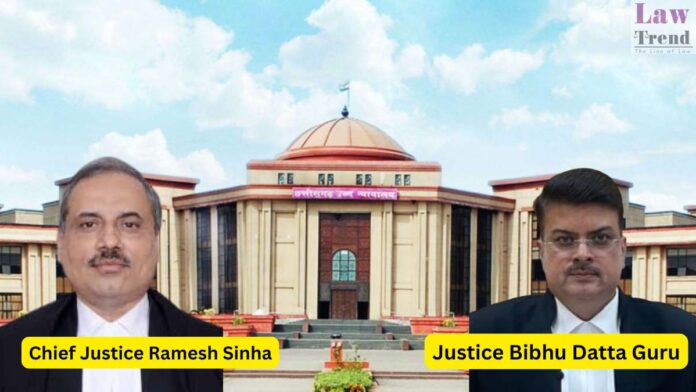The High Court of Chhattisgarh at Bilaspur, in a common order dated October 28, 2025, has reinforced the legal principle that petitioners must first exhaust available statutory remedies before approaching the High Court under Article 226 of the Constitution. A Division Bench, comprising Chief Justice Ramesh Sinha and Justice Bibhu Datta Guru, applied this principle
To Read More Please Subscribe to VIP Membership for Unlimited Access to All the Articles, Download Available Copies of Judgments/Order, Acess to Central/State Bare Acts, Advertisement Free Content, Access to More than 4000 Legal Drafts( Readymade Editable Formats of Suits, Petitions, Writs, Legal Notices, Divorce Petitions, 138 Notices, Bail Applications etc.) in Hindi and English.




